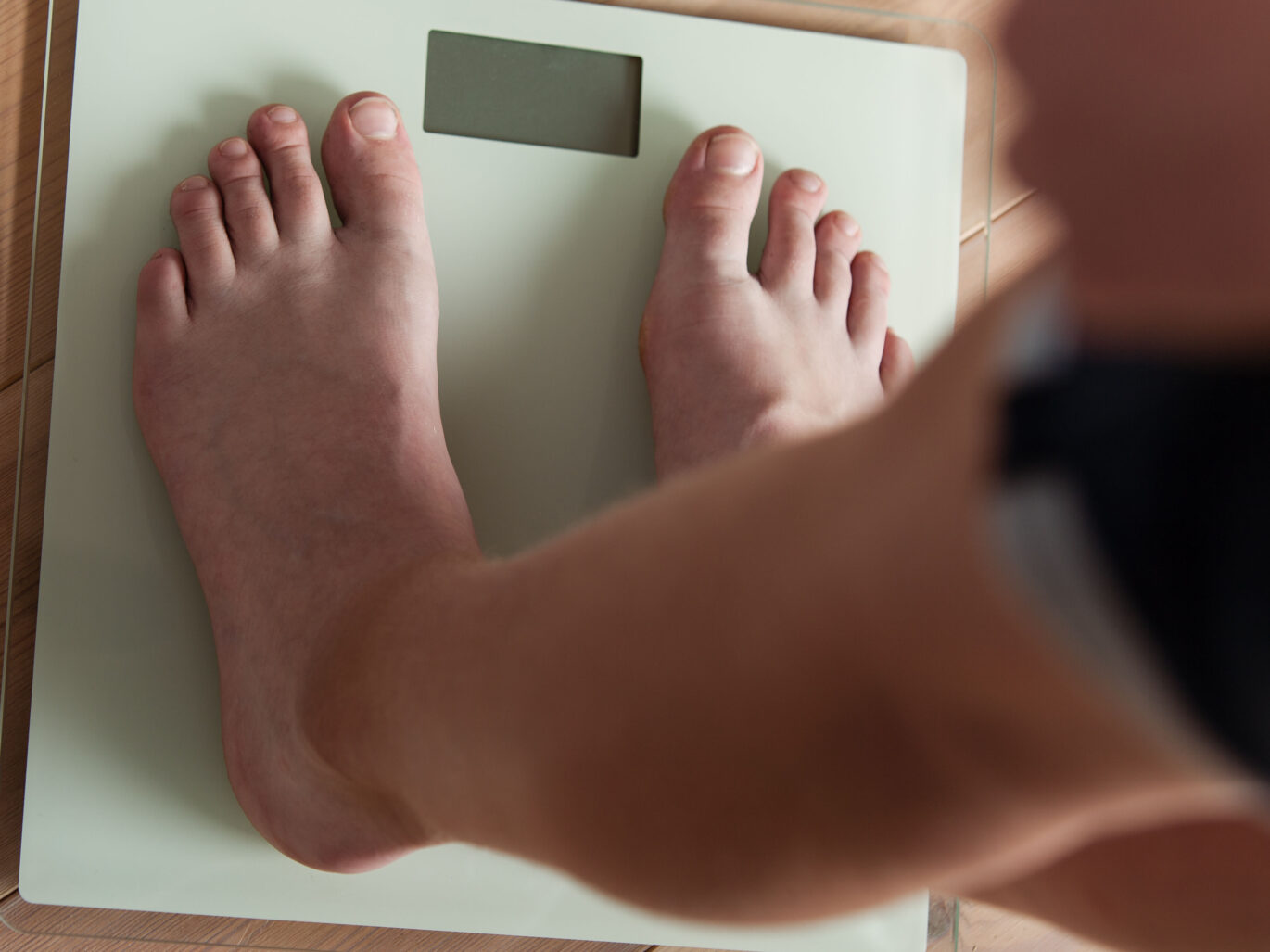When my client wants to talk about hormones and weight loss, usually it comes down to education. First step is to help them understand the difference between their symptoms and causes.
Typically hormone imbalances are symptoms of weight gain, which triggers proinflammatory responses that in turn affect your body’s output of insulin, cortisol levels, the thyroid hormones, estrogen, testosterone and other hormones. Weight loss doesn’t require balancing your hormones with supplements, detox diets or medication; instead it is a matter of assessing habits and adopting an integrated wellness plan while addressing lifestyle factors such as sleep and chronic stress.
An inflammatory cytokine or proinflammatory cytokine is a type of signaling molecule (a cytokine) that is excreted from immune cells like helper T cells (Th) and macrophages, and certain other cell types that promote inflammation.
After all is assessed the next step is implementing a wellness plan accompanied by commitment. Ultimately it comes down to you deciding what to change, how you are going to change, and what practices you’re going to put in place to assure compliance to the change.
REFERENCES
Agnihothri, R.V., et al. 2014. Moderate weight loss is sufficient to affect thyroid hormone homeostasis and inhibit its peripheral conversion. Thyroid, 24 (1), 19–26.
Arent, S. 2018. Assessing body composition, performance metrics & biomarkers. Dr. Bubbs Performance Podcast, Season 2, Episode 12. Accessed Jan. 4, 2019: drbubbs.com/season-2-podcast-episodes/2018/3/s2-episode-12-assessing-body-composition-performance-metrics-biomarkers-w-dr-shawn-arent-phd.
Belfort, R., et al. 2005. Dose-response effect of elevated plasma free fatty acid on insulin signaling. Diabetes, 54 (6), 1640–48.
Boden, G., et al. 1991. Effects of fat on insulin-stimulated carbohydrate metabolism in normal men. Journal of Clinical Investigation, 88 (3), 960–66.
Chao, A.M., et al. 2017. Stress, cortisol, and other appetite-related hormones: Prospective prediction of 6-month changes in food cravings and weight. Obesity (Silver Spring), 25 (4), 713–20.
Ferrannini, E., et al. 1983. Effect of fatty acids on glucose production and utilization in man. Journal of Clinical Investigation, 72 (5), 1737–47.
Goodpaster, B.H., et al. 1999. Effects of weight loss on regional fat distribution and insulin sensitivity in obesity. Diabetes, 48 (4), 839–47.
Helms, E. 2018. Nutrition for bodybuilders, hypertrophy and physique-focused athletes. Dr. Bubbs Performance Podcast, Season 2, Episode 7. Accessed Jan. 4, 2019: drbubbs.com/season-2-podcast-episodes/2018/2/s2e7-nutrition-for-bodybuilders-hypertrophy-and-physique-focused-athletes-w-dr-eric-helms-phd.
Hirshkowitz, M., et al. 2015. National Sleep Foundation’s updated sleep duration recommendations: Final report. Sleep Health, 1 (4), 233–43.
Leproult, R., & Van Cauter, E. 2011. Effect of 1 week of sleep restriction on testosterone levels in young healthy men. JAMA, 305 (21), 2173–74.
Levine, J.A. 2004. Nonexercise activity thermogenesis (NEAT): Environment and biology. American Journal of Physiology–Endocrinology and Metabolism, 286 (5), E675–85.
Patel, P., et al. 2018. Impaired sleep is associated with low testosterone in US adult males: Results from the National Health and Nutrition Examination Survey. World Journal of Urology, doi:10.1007/s00345-018-2485-2.
Salans, L.B., Knittle, J.L., & Hirsch, J. 1968. The role of adipose cell size and adipose tissue insulin sensitivity in the carbohydrate intolerance of human obesity. Journal of Clinical Investigation, 47 (1), 153–65.
Schoenfeld, B.J. 2013. Postexercise hypertrophic adaptations: A reexamination of the hormone hypothesis and its applicability to resistance training program design. Journal of Strength and Conditioning Research, 27 (6).
Schoenfeld, B.J., Aragon, A.A., & Kreiger, J.W. 2015. Effects of meal frequency on weight loss and body composition: A meta-analysis. Nutrition Reviews, 73 (2), 69–82.
Sims, E.A.H., et al. 1973. Endocrine and metabolic effects of experimental obesity in man. Recent Progress in Hormone Research, 29, 457–96.
Tam, C.S., et al. 2010. Short-term overfeeding may induce peripheral insulin resistance without altering subcutaneous adipose tissue macrophages in humans. Diabetes, 59 (9), 2164–70.
Wiegner, L., et al. 2015. Prevalence of perceived stress and associations to symptoms of exhaustion, depression and anxiety in a working age population seeking primary care—an observational study. BMC Family Practice, 16, 38.

